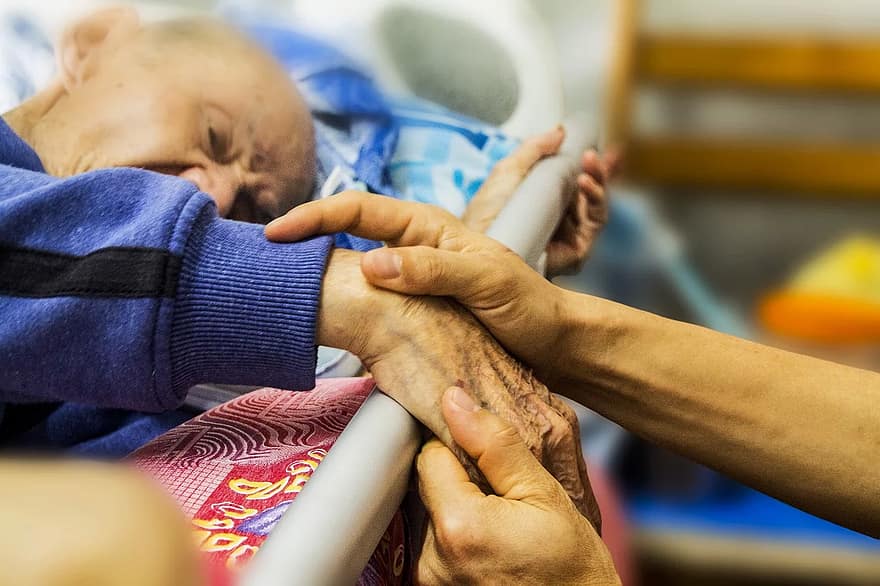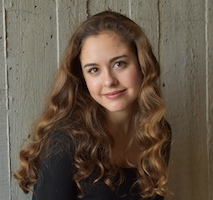The recent Fourth of July holiday invited Americans to contemplate the principles upon which this nation was founded – and the battles fought to uphold those principles. Perhaps more than any other time of the year, we reflect on the heroism and sacrifice of our soldiers. Historical lessons from our past show us how we can draw on those principles to better serve the vulnerable and minimize the loneliness that so many people feel during our global COVID-19 pandemic.
Traditional ways of coping with death and mourning changed drastically during America’s deadliest war, the Civil War. Thousands of soldiers died on the battlefield or in chaotic field hospitals, anonymously and among strangers. Many families were not given the privilege of burying their relatives themselves, as the vast number of casualties required mass graves. Often, family members could not be present at the passing of their loved ones to provide support in their final hours. Those who held to the idea of the good death considered this a terrible privation.
In response, nurses and caretakers who were present with soldiers in their last moments often wrote letters to their families, trying to provide some means of support by reassuring them of the fallen soldier’s bravery or recounting his final profession of faith in God’s mercy. One can easily see how much our culture’s view of “the hour of death” has changed. Yet abiding problems like the anonymity and isolation of death have changed little in 155 years.
Many of the victims of the COVID-19 virus — those buried in mass graves in Italy, and the hundreds dying in hospitals and nursing homes in the United States – spent their terminal moments tragically separated from their families and loved ones. More than 6,000 nursing home residents in the state of New York died of COVID-19, many of them exposed as a result of Gov. Andrew Cuomo’s policy of forcing nursing homes to admit infected patients “as a way to open up crucial beds at a moment when it appeared hospitals would be overwhelmed.”
One can condemn Governor Cuomo’s mandate, but in many ways it reflects our society’s overall approach to the care of the sick and dying.
Over the past few decades, an increasing number of people have chosen to place their elderly relatives in nursing homes or long-term care facilities. The underlying problem is that the more institutionalized and centralized a “system of care” is, the less caring it can be. In the words of Ismael Hernandez, the founder of the Freedom and Virtue Institute, institutions cannot truly love people, because “only people can love people.”
Institutions that provide personal, loving care for the elderly do exist, but they are the exception, not the rule. Nursing home neglect was on the rise, even prior to the outbreak of COVID-19. This history sheds light on the inadequacies of one-size-fits-all solutions.
We are in desperate need of a return to respectful, loving care for the elderly, the sick, and the dying – but providing this kind of care has become increasingly challenging. My three brothers and I often visit nursing homes in our community to play music as part of our family’s string quartet, and we sing songs with the elderly. Music is a wonderfully human art form that unites listeners and participants in a bond of joy and hope.
In the spirit of providing that hope, a few weeks ago we performed music outside a nursing home, observing the necessary safety protocols but still interacting with the residents. Despite the masks and the social distancing, I could see the welcome sense of warmth and connection that filled their eyes as they listened to our quartet and sang along to songs like “You Are My Sunshine” and “Let Me Call You Sweetheart.” It was the first social event they had had since February – many of them had not seen any family or friends for several months – and the residents quickly invited us back for another afternoon of music.
When we tried to schedule our next visit, however, we were notified that the facility had once again chosen to cancel all events – even carefully monitored, outdoor events – until further notice. Our attempt to provide hope and community was met with more regulations, leaving us frustrated and helpless. As Mother Teresa once said:
The greatest disease in the West today is not TB or leprosy; it is being unwanted, unloved, and uncared for. We can cure physical diseases with medicine, but the only cure for loneliness, despair, and hopelessness is love. There are many in the world who are dying for a piece of bread but there are many more dying for a little love.
Death is always a tragedy. Loneliness compounds that tragedy by hollowing out the fleeting moments of life. We can count how many lives are lost due to COVID-19, but there are no statistics on the cost of loneliness. It is time to consider the effects of this isolation and to remember that it is our duty to “visit the sick” and “comfort the dying.” We must reduce all barriers that prevent us from doing so.
(Photo credit: Public domain.)

